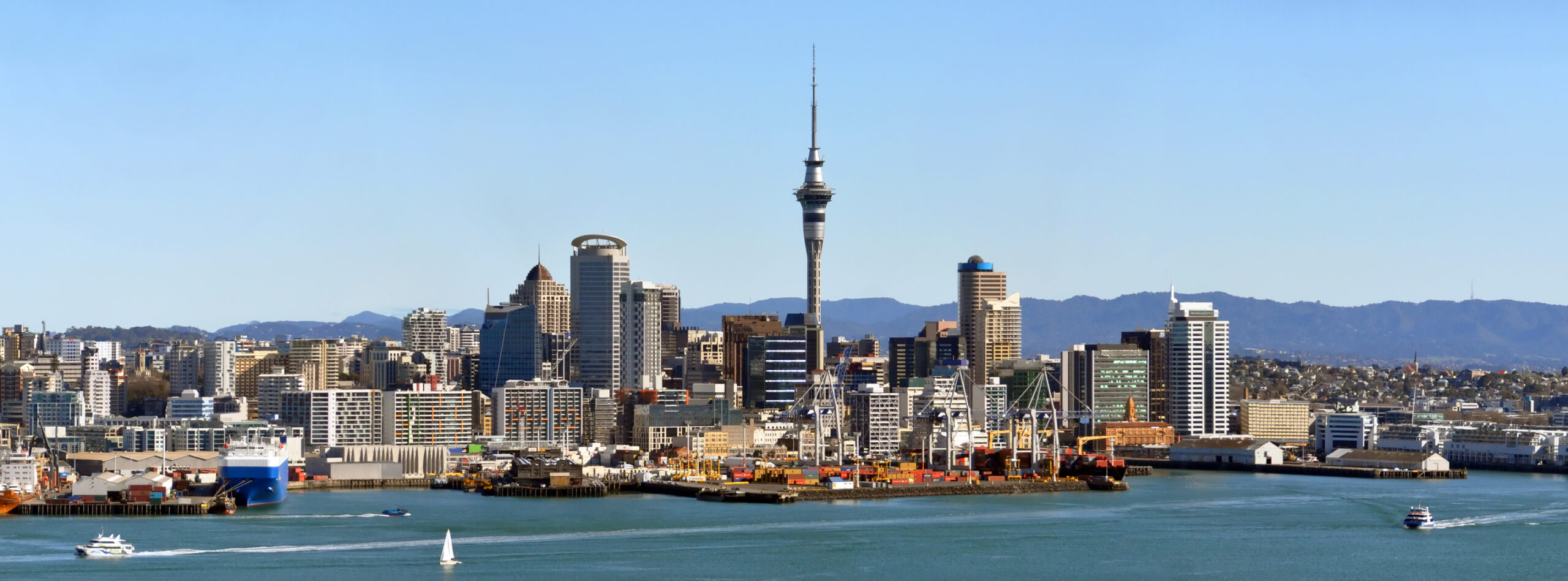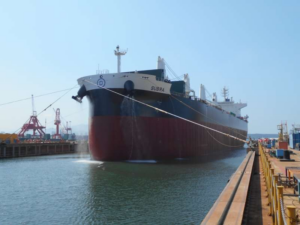New Zealand’s government picked a Chinese shipbuilding company to construct two new ferries, Rail minister Winston Peters announced on October 14. Peters revealed the name of the shipyard, but not the price of the two vessels, as the deal remains under negotiation.
Rail minister Winston Peters said the government, through its procuring company Ferry Holdings Limited, has secured Guangzhou Shipyard International as the builder of the two new ferries.
GSI is the “largest modern integrated shipbuilding enterprise in Southern China, founded in 1954” and is “listed on the Hong Kong and Shanghai stock exchanges,” Peters mentioned in his media release.
But details remain under wraps as the Ferry Holdings Limited is still negotiating with GSI. According to the minister, negotiations between the two parties are ongoing, and details will be released after the talks conclude, along with port agreements with CentrePort Limited and Port Marlborough New Zealand Limited.
“We want the best deal possible for New Zealand taxpayers and a shipbuilder of the competence, capability and capacity of GSI underscores the high degree of confidence in our no-nonsense ferry replacement programme.
“Ferry Holdings and GSI are still in negotiations, and details will not be disclosed until these negotiations are completed along with the port agreements with CentrePort Limited and Port Marlborough New Zealand Limited,” the minister explained.
Peters confirmed that major components of the project include a fixed price, completion in 2029, and full delivery of specifications for two 200-metre-long ferries.
Each vessel will have road and rail decks and capacity for 1,500 passengers. “As we said in early September, we have secured major components including a fixed price, completion in 2029, and full delivery of our ship specifications for 200-metre-long ferries with road and rail decks, and room for 1,500 passengers each.”
The minister added that he would make further announcements before the end of the year, outlining the agreements and taxpayer savings resulting from the cancellation of a previous project.



